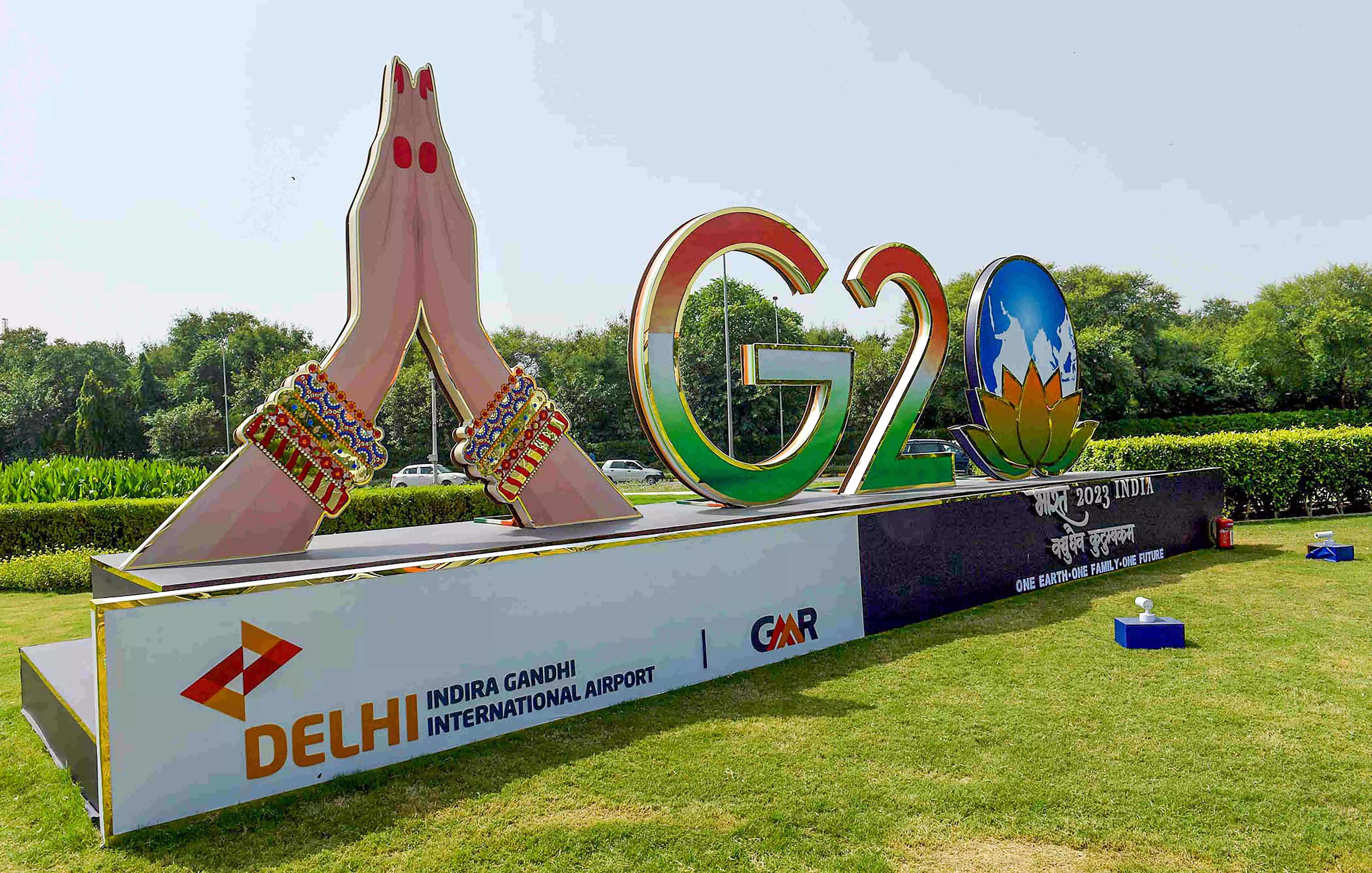Moment of fruition

As the world eagerly anticipates the upcoming G20 Summit set to take place on September 9 and 10, the spotlight is on India as it prepares to host this prestigious international summit. Over the past few weeks, remarkable efforts have been made to transform the capital city, Delhi, into a grand stage showcasing India's rich culture, heritage, and its modern marvels. The city is ready to welcome the heads of governments from the G20 member nations. Yet, amid this excitement, there is a palpable sense of disappointment as two influential Asian leaders, Xi Jinping and Vladimir Putin, have chosen not to attend the summit. The G20, comprising 19 individual countries and the European Union, was established in 1999 to serve as a platform for high-level discussions and cooperation on global economic and financial matters. Its core objectives include promoting global economic stability and growth, enhancing international financial regulation, and addressing pressing challenges such as poverty, inequality, and climate change. The G20, representing approximately 85 per cent of global GDP and two-thirds of the world's population, wields immense influence on the global stage. India, in its role as the G20 President, has put forward a proposal to include the African Union in the G20, recognising the need to rectify the underrepresentation of the African continent within the grouping. Currently, South Africa stands as the sole African nation in the G20. This move reflects India's commitment to inclusivity and recognising the importance of a global perspective. When India assumed the G20 Presidency, the world was facing numerous challenges, some of which persist to this day. With its unique position of maintaining friendly relations with both Western nations and Russia, there were high expectations for India to play a pivotal role in resolving these crises. However, during its presidency year, India has largely reiterated the importance of "dialogue" and "diplomacy" as tools for conflict resolution, without making significant strides toward tangible solutions. Additionally, past G20 meetings have failed to produce shared communiques, raising doubts about the outcomes of the upcoming September summit. The absence of China and Russia's top leaders further dims hopes for meaningful conversations on critical issues such as the Russia-Ukraine conflict. The Russia-Ukraine conflict and the ongoing US-China rivalry have been central to global disruptions, directly challenging the G20's core objective of ensuring global economic stability. While the summit may offer limited opportunities to address these complex issues comprehensively, it is important to recognize that resolving such grave conflicts is an ongoing process. With India passing the G20 baton to Brazilian President Luiz Inácio Lula da Silva on September 10, the responsibility for driving progress on these fronts will shift to a new leader. Key discussions at the summit will also revolve around trade and climate change. India, as one of the world's major economies, holds significant potential to contribute positively to these areas. As India's dynamic leadership of the G20 comes to a close, there is hope that the summit will lead to meaningful progress on these crucial global challenges. Interestingly, the Indian PM has highlighted that “the world before COVID-19 and after COVID-19 has changed a lot – the world cannot view the global supply chain as before,” further asserting that “the solution to this problem is India.” In conclusion, the G20 Summit 2023 in India is poised to be a pivotal moment in global diplomacy. While challenges persist, the world looks to this gathering of nations for solutions and cooperation. As India's tenure as G20 President draws to a close, we hope for the best, not just for India but for the world at large. The fate of global economic stability, financial regulation, poverty reduction, and climate action rests, in part, on the outcomes of this gathering of world leaders in Delhi.



